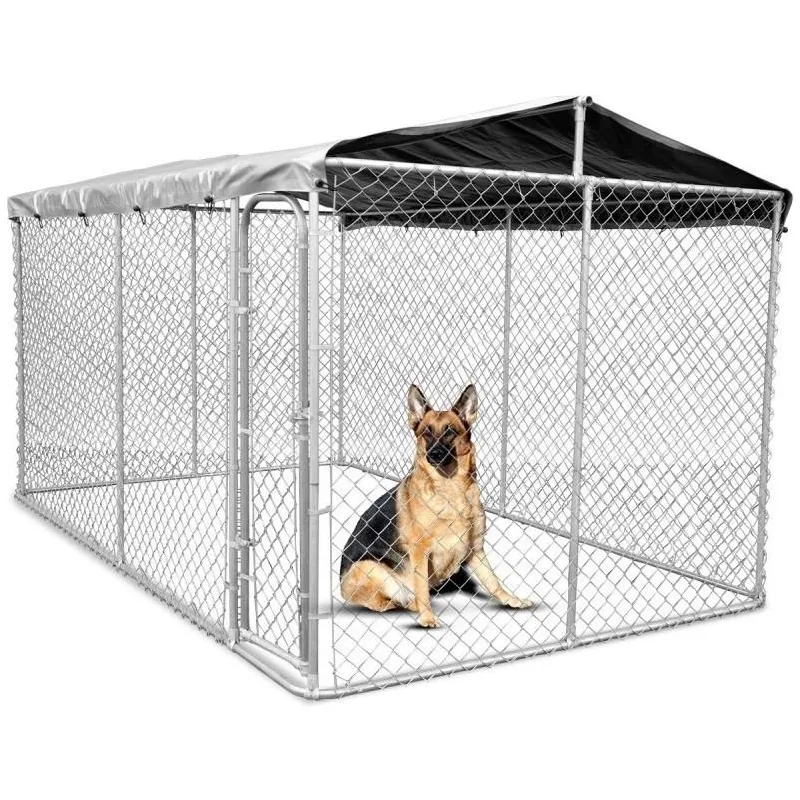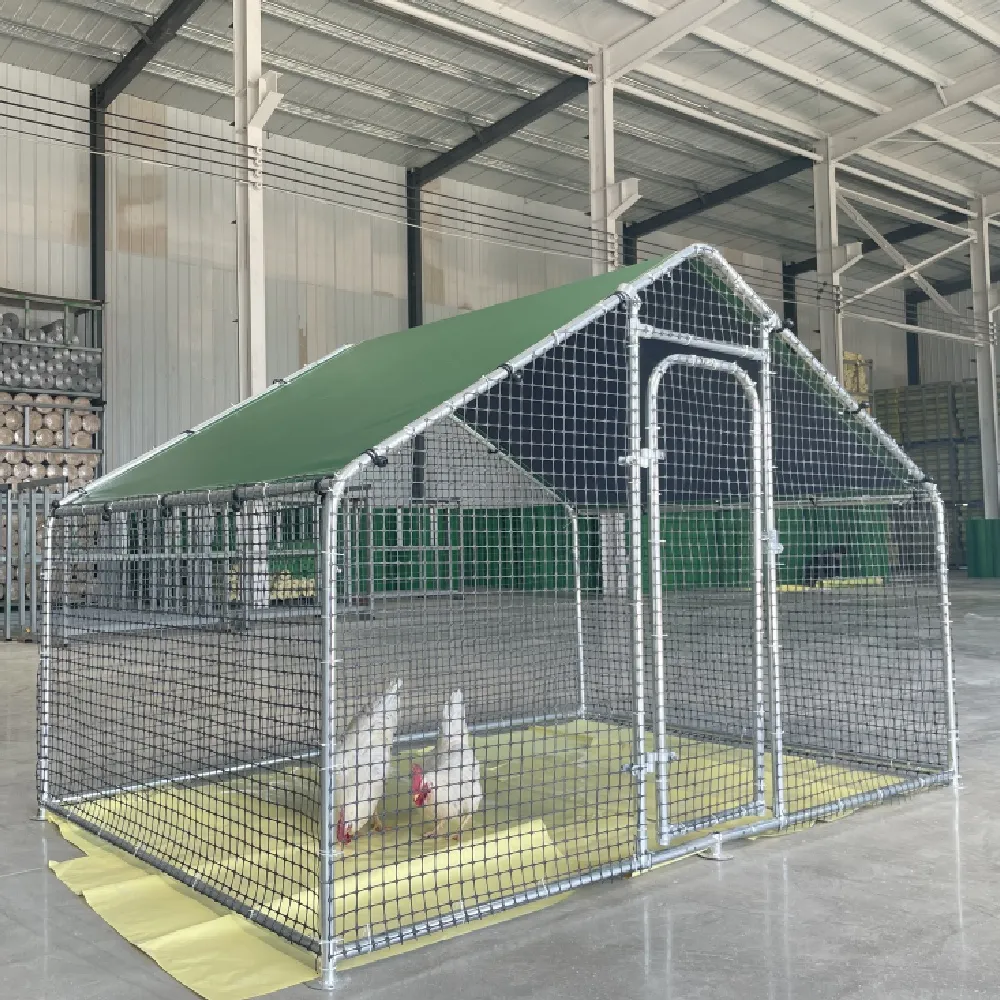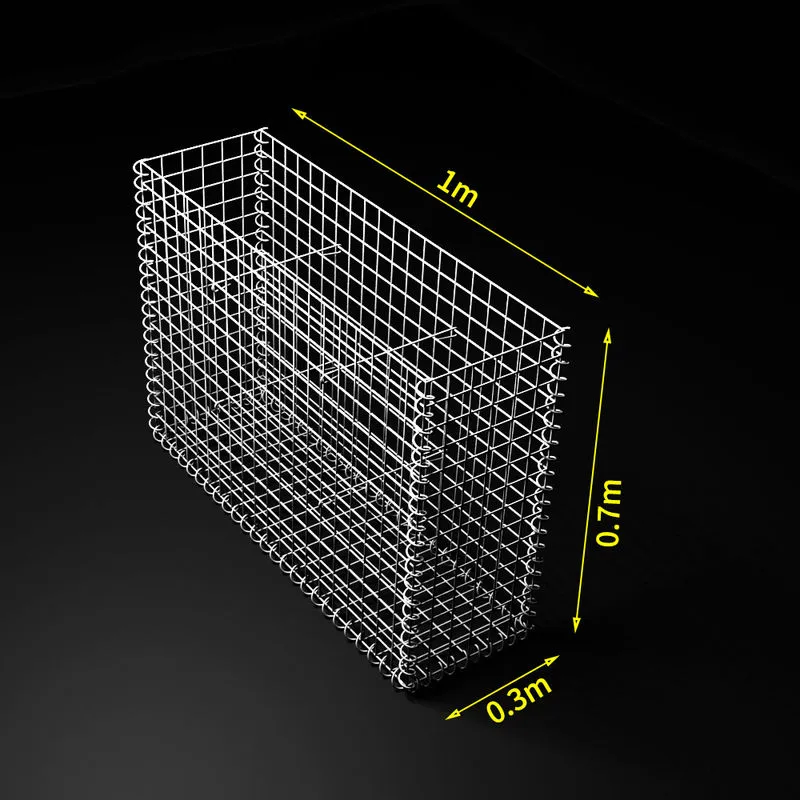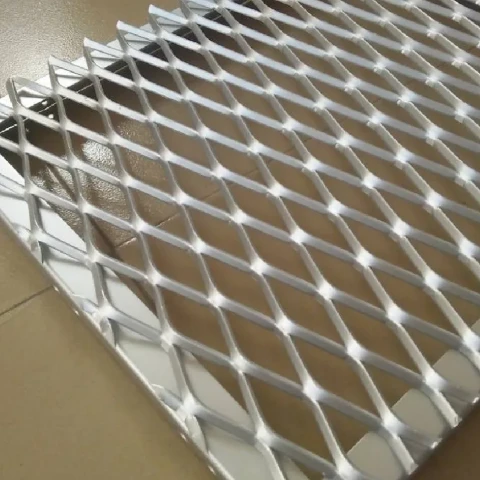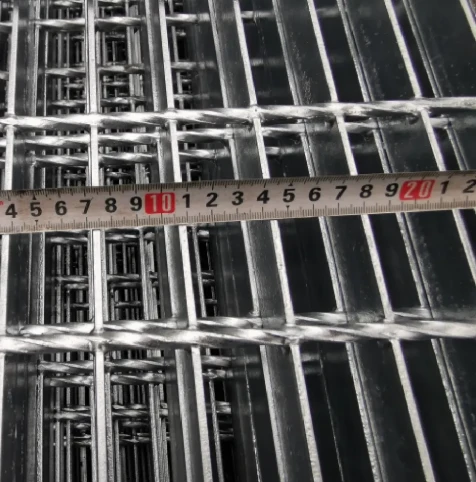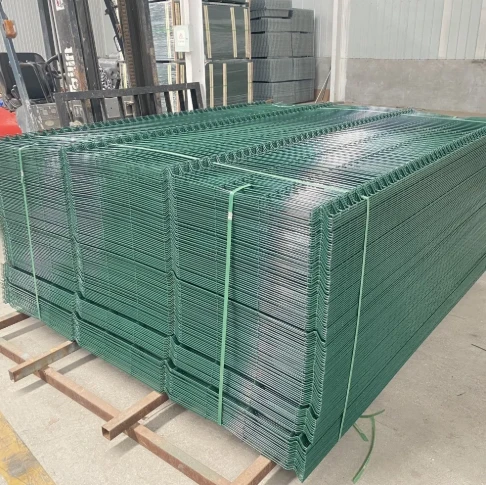Selecting the right livestock fencing panels is a critical decision for farmers and ranchers, significantly impacting animal safety, ease of handling, and overall farm efficiency. High-quality fencing strikes a balance between durability, functionality, and cost-effectiveness, reflecting both industry standards and practical knowledge.
Livestock fencing panels barricade and manage animals, ensuring their safety and proper management within designated areas. Understanding the specific needs of your livestock is crucial because different animals require different fencing specifications. For instance, cattle, sheep, goats, and horses each have unique needs in terms of fencing height, material, and strength.
Steel panels offer an excellent option for robust and sturdy fencing. They boast superior longevity and can withstand harsh environmental conditions, such as extreme weather that could easily damage lesser materials. Steel is also resistant to livestock pressure, reducing the risk of damage and escape. However, it is essential to choose galvanized steel panels to prevent rust and extend the lifespan of the fencing.
For cost-conscious farmers, wood is an attractive traditional option. Wooden fencing panels integrate with most farm environments, offering an aesthetic appeal. Yet, it is vital to treat wooden panels with weather-resistant coatings and conduct regular maintenance checks. Employing pressure-treated wood can ensure a longer shelf life, protecting against rot and pests.
PVC or vinyl fencing panels present another viable option, combining aesthetics with durability. Many farm owners appreciate that PVC panels are lightweight, weather-resistant, and require minimal maintenance. Their flexibility allows for easy customization to suit various farm layouts, enhancing the overall usability of the farm space.
Electrical fencing, although not physical fencing panels in the traditional sense, can complement any livestock fencing system to improve security. It discourages animals from pushing against the fence, reducing physical wear on the panels. This is a particularly wise choice for farmers managing energetic or large herds.
livestock fencing panels
Installation plays a vital role in the effectiveness of livestock fencing panels. Engaging with professionals ensures that the fencing system is correctly installed, optimizing the panels' intended function. A properly installed fence reduces the risk of injury to both animals and handlers, supporting farm productivity and animal well-being.
Purchasing fencing panels from reputable manufacturers guarantees product quality and reliability. Always select a manufacturer that complies with agricultural standards and offers good customer support. Look for warranties and after-sales services, indicating the manufacturer's confidence in their products.
Investing in regular maintenance prolongs the life of your fencing panels. Inspect the fencing frequently for signs of damage, adjusting or replacing panels as necessary. Clear debris and vegetation that might compromise the integrity of the fence structure or provide an escape route for livestock.
Finally, when contemplating fencing panels, consider future needs, such as expanding the farm or altering livestock numbers. Scalable solutions ensure the longevity of your investment. Consulting with a livestock management expert can also provide insights tailored to your specific circumstances, ensuring the fencing solution aligns with operational goals.
Overall, choosing the best livestock fencing panels requires a strategic approach that considers the specific needs of the livestock, environmental factors, and long-term farm goals. By prioritizing quality, proper installation, and ongoing maintenance, farm owners can establish a safe and efficient environment conducive to livestock management.




